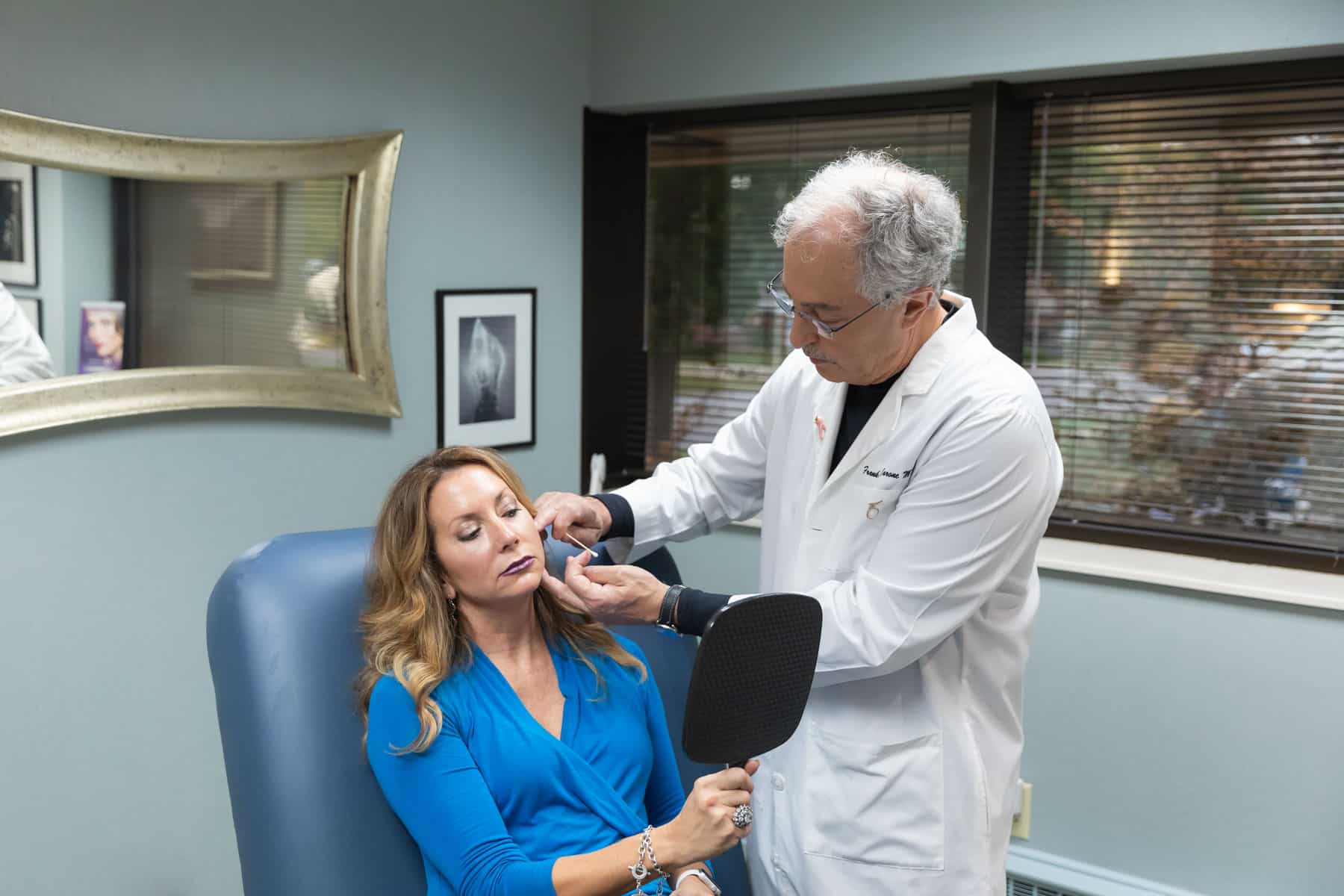
‘Integrity is telling myself the truth, and honesty is telling the truth to other people’
– Spencer Johnson
When I pose the above question to patients and their families, the answer seems intuitively obvious, yet many are more than surprised to learn that this is not always the case. The unfortunate reality is that driven by growing demand, cosmetic surgery is being performed by a variety of physicians with accredited surgical training ranging from little to absolutely none. The term ‘cosmetic surgeon’ and ‘board-certified cosmetic surgeon’ has been increasingly utilized in portraying to patients an officially recognized level of expertise when in fact there is no such designation or certification that is approved by the American Board of Medical Specialties, the only governing body providing certification to physician specialties. The fact is that surgeons claiming to be ‘cosmetic surgeons’ can now be found in almost every medical specialty.
Why does this matter?
Like many board-certified plastic surgeons specializing in cosmetic surgery, I have experienced an alarming increase of patients referred because of a complication or negative outcome from aesthetic surgery, as well as non-surgical, procedures performed by a ‘cosmetic surgeon’ or at a ‘med spa’ often advertising a staffing physician who is not formally trained in plastic surgery or a related medical or surgical specialty. These are not only local and regional patients but also experienced by out-of-state providers. In many instances, the patients were influenced by convincing marketing and price shopping. These patients are typically shocked when they realize that their self-professed ‘cosmetic surgeon’ was not officially trained or board-certified in plastic surgery and in some cases, not actually trained or board-certified in any kind of surgery! The other unfortunate truth is that complications or unfavorable results often have lifelong effects and may end up costing far more to correct or improve than doing the procedure properly the first time.
What is a ‘real plastic surgeon’ anyway?
There has been a growing trend for physicians from all specialties to pursue cosmetic procedures driven unfortunately by perceived financial rewards. But how can physicians with little or no approved surgical training or in other cases training in an unrelated surgical specialty, represent themselves as plastic surgeons?
Here is a summary of training criteria for consideration for board certification in plastic surgery by the American Board of Medical Specialties:
- Three to five years of progressive general surgery training at an accredited residency program
- Two to three additional years of plastic surgery specialty training at an accredited program certified by the Residency Review Committee
- Completion and passing grades in comprehensive written and oral examinations
- Ongoing self-assessment, continuing medical education requirements, peer review, and credentialing
- Maintenance of a uniform standard of ethics in patient safety and marketing
- Completion of recertification examinations and credits on a 3-year cycle
- Adherence to a strict code of ethics including performing all major surgical procedures in a certified surgical facility
Is this really about competition or ’turf battles’ with other medical specialties?
Although this pushback argument is frequently voiced, the real issue is not avoiding competition. The rigorous requirements listed above for qualification and board eligibility in the specialty of plastic surgery were designed and evolved for a reason: safe and consistently effective cosmetic surgical care is challenging and requires long-term commitment, experience, and accountability. This cannot be achieved with shortcuts such as a non-credentialed mentorship or a program offered by a physician with little to no verified surgical training. There are well-trained and qualified surgeons from other related specialties such as otolaryngology (ENT) and ophthalmology (oculoplastic surgery) that perform cosmetic surgical procedures within the scope of their training and have excellent and safe results because they are adequately trained and familiar with the anatomy and surgical fundamentals involved. The real issue is professional integrity and transparency about relevant professional training and certification to provide optimal patient safety and consistent surgical outcomes.
Considering all the above criteria and the time and effort involved, it is unfortunately easy to understand why there is so much interest in ‘work arounds’ to legally perform cosmetic procedures and present qualifications in cosmetic surgery to patients. Most patients are surprised to discover that any U.S. physician with a valid medical license can legally perform cosmetic surgical and related procedures in their own facility or office, even if they have never had any kind of accredited surgical or plastic surgery training.
The bigger problem is that this type of misrepresentation results in an erosion of trust which is the essential and most important fundamental in the doctor-patient relationship. The other reality is that this situation also harms all physicians as cosmetic surgery has become a ‘buyer beware’ specialty. Cosmetic surgery and related cosmetic non-surgical services and procedures are being portrayed as a commodity, much like buying a car or retail product. But aesthetic surgery and non-surgical procedures are not commodities or ‘get the best deal’ products, they are highly personal and impactful services often with long-term implications on a patient’s quality of life. Safe and natural appearing aesthetic outcomes require years of properly supervised training and certification, ongoing education, self-assessment, and attention to safety standards and protocols along with an appreciation and understanding of natural aesthetics and beauty. This is a time-intensive and laborious task but there are no other verified or proven methods to produce competent and safe plastic surgeons as well as to protect the public.
Should plastic surgery be performed by surgeons? …I think the answer is clearly obvious.
‘In everything truth surpasses the imitation and copy’
– Marcus Tullius Cicero


